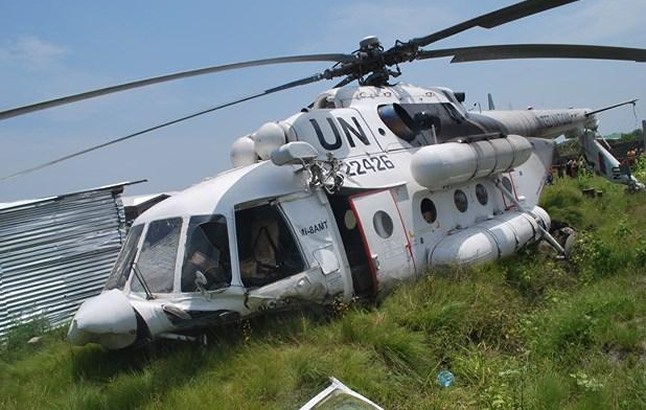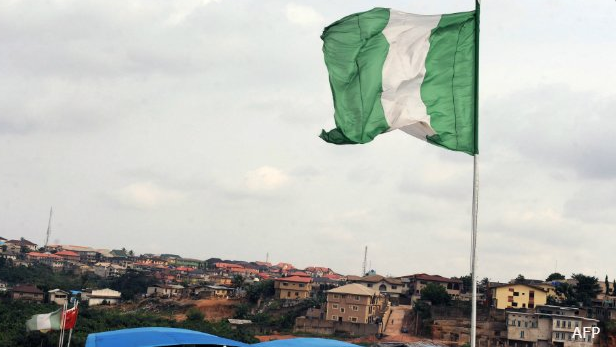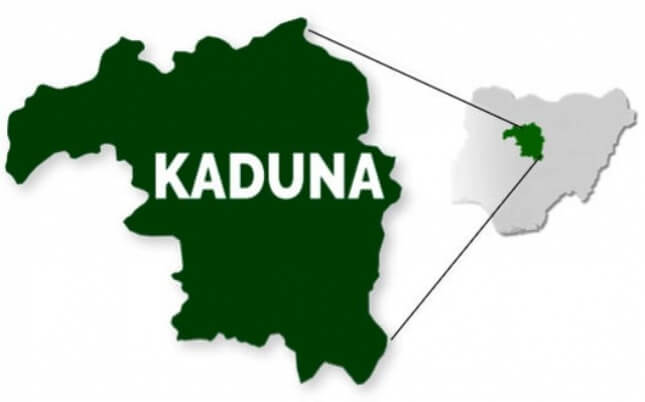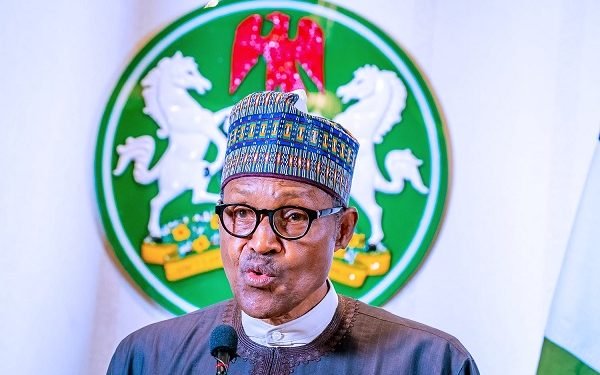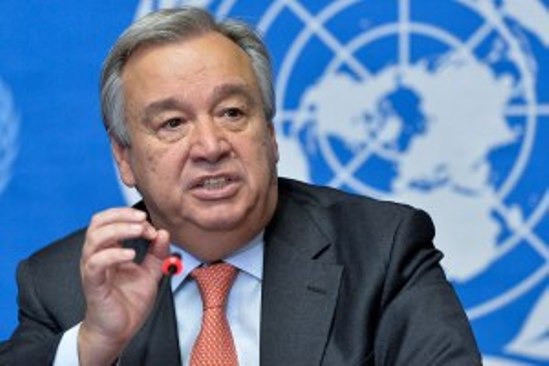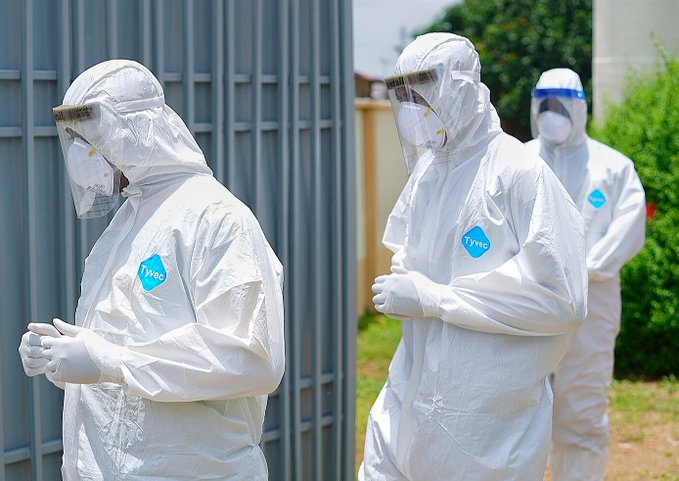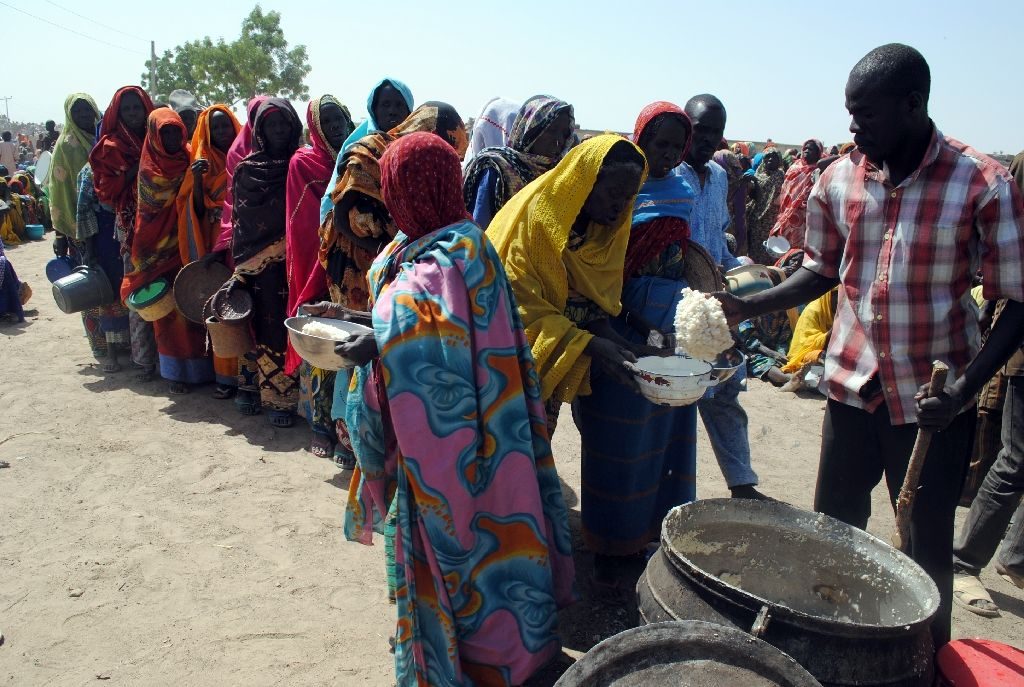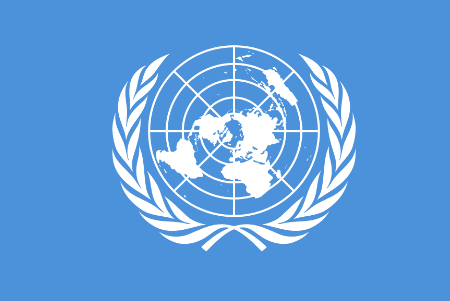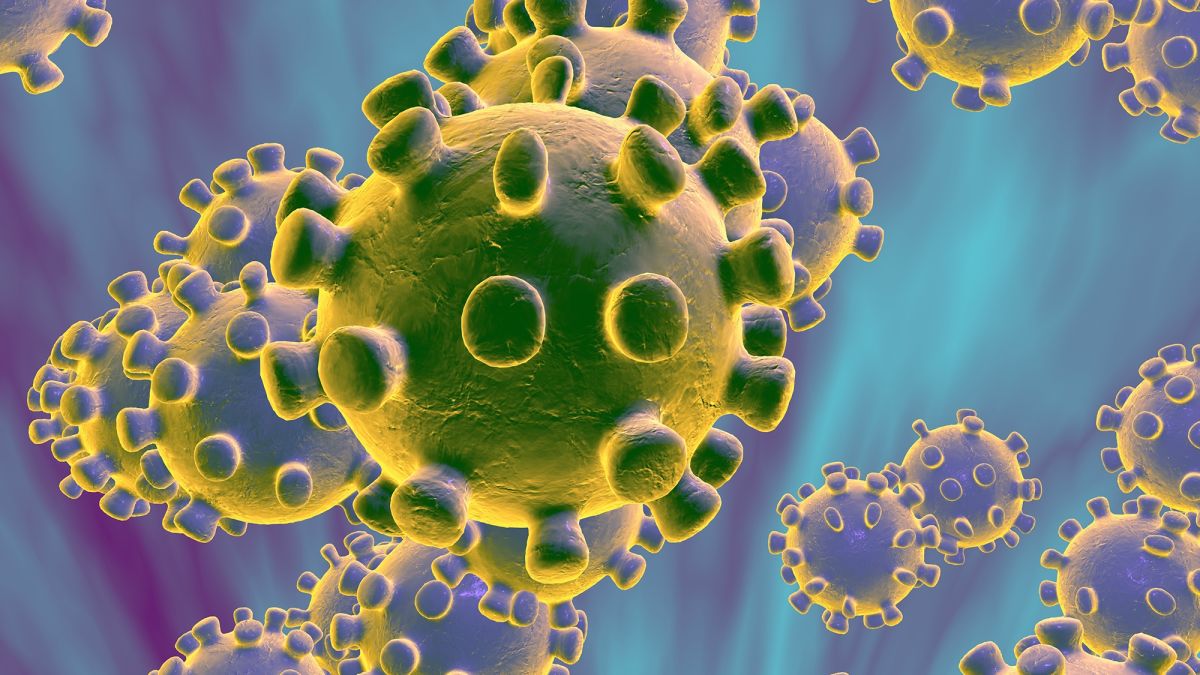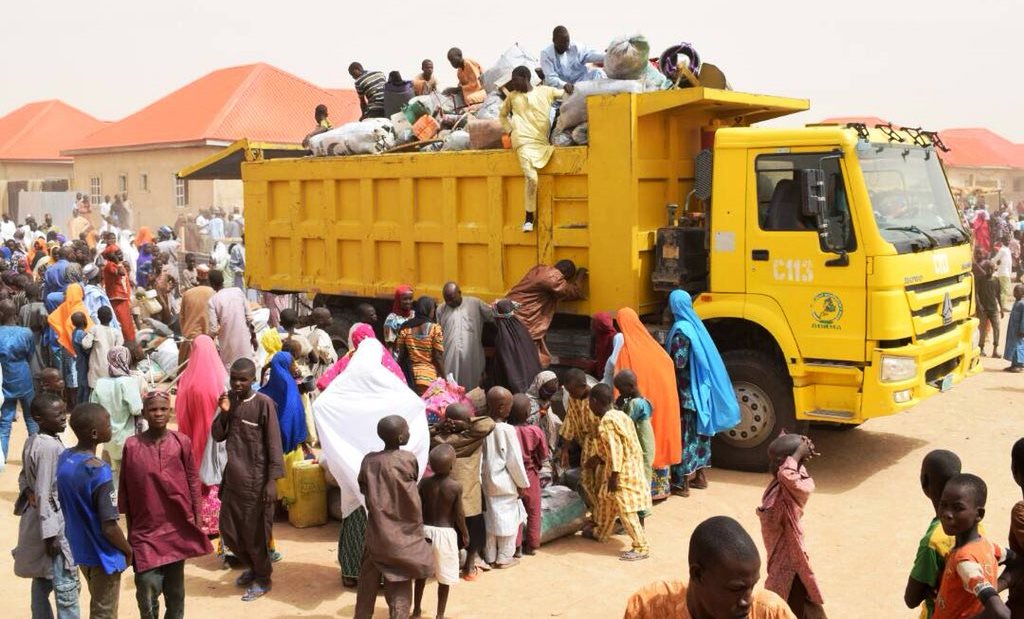Except for the flattening of the epicurve of Coronavirus disease (COVID-19) in Nigeria, given the frequency of new cases in the country, over 25 million people are at risk of contracting the dreadful virus, with about 900 thousand among those infected projected to die from the disease.
As the COVID-19 continues the rapid spread across the country, data released by the Nigeria Centre for Disease Control (NCDC) indicate that as of 2nd of May, a sample population of 16,588 have been tested since the outbreak of the virus in the country on 27th February.
Between February and March of COVID-19 outbreak in the country, there were 139 confirmed cases of the disease in the country. However, by the end of April, that number more than quadrupled. With the 238 and 220 cases confirmed on 1st and 2nd of May respectively, there are now 2,388 confirmed cases from the sample population of 16,588.

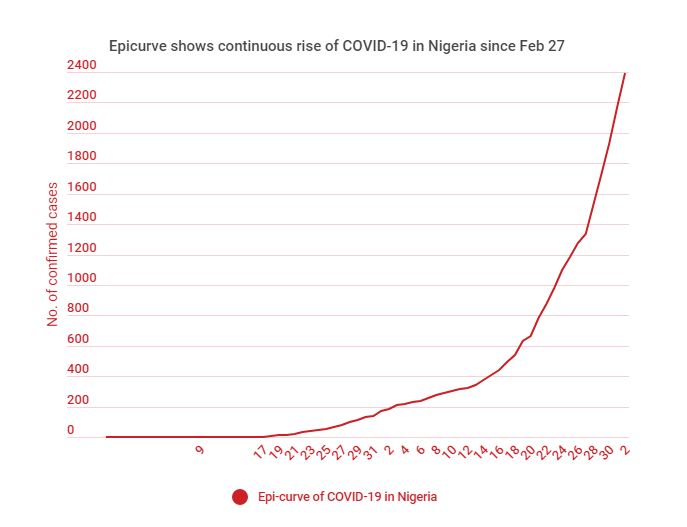
The sample population tested and the cases that turned out positive show an infection rate of 14.4% in the population. Of the 2,388 positive cases, 3.6%, being 85 cases ended up dying; 16.1%, being 385 cases have been discharged, with 80.3%, 1,918 cases actively receiving attention in facilities across the country.
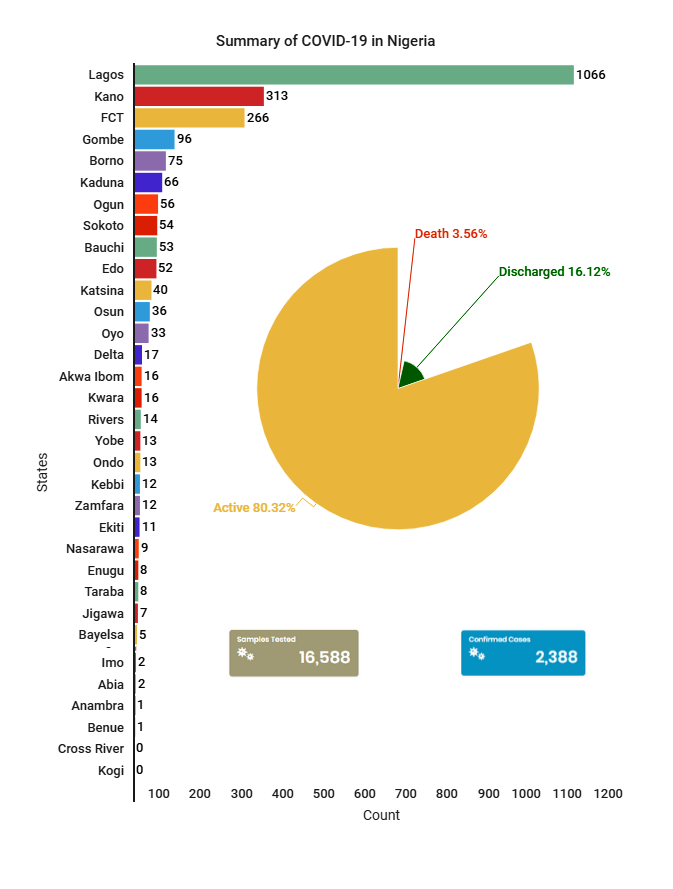
With the population of Nigeria currently pegged at over 200,000,000 based on Worldometer elaboration of the latest United Nations data and given the 14.4% frequency of new COVID-19 cases in the country, the spread of the virus could reach over 25 million Nigerians.
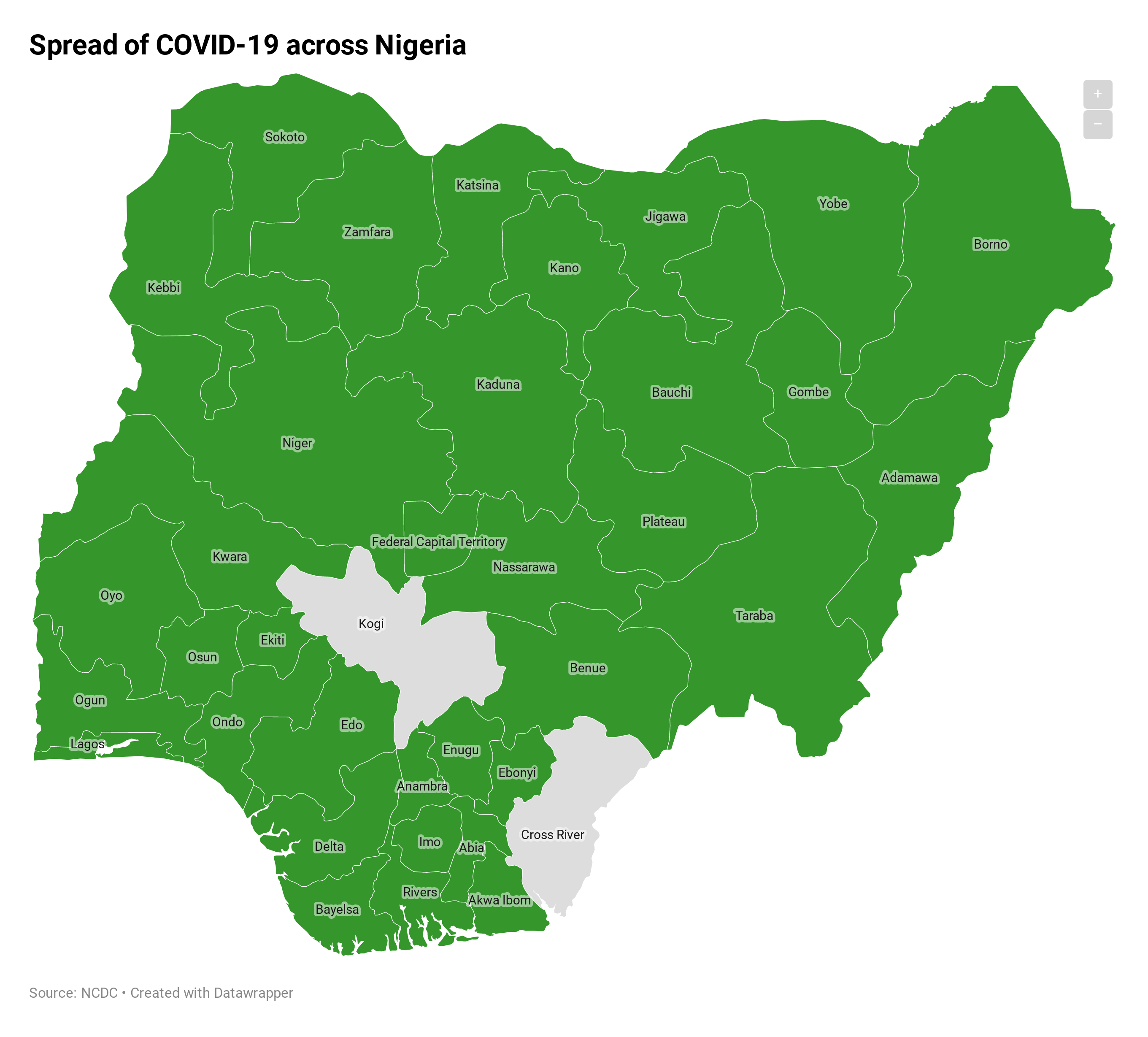
The alarming projection means that, regardless of whether the government is easing lockdown or not, Nigerians should observe measures put in place to curb the disease.
Even, governments have said not because the disease stopped spreading was the reason for the easing of lockdown measures, but for economic reasons.
So, Nigerians had better understand what is at hand and be very careful.
Meanwhile, the Presidential Task Force (PTF) on COVID-19 (PTFCOVID19) had said improved capacity for testing and contact tracing is responsible for the growing number of new cases, but with community spread already ongoing viz a viz the easing of lockdown measures, there are fears that the situation could worsen.
According to Dr Chikwe Ihekweazu, Director-General of NCDC, two million Nigerians have been targetted for testing in the next three months. He disclosed that the two million targets would come to about 50,000 per state which he said was a very ambitious target.
Ihekweazu, however, warned that Nigerians should avoid all non-essential travel because the virus was now in more States across the country. He called on Nigerians to limit transmission in the country by discouraging inter-State travels.
“The NCDC Laboratory Strategic Group has set itself a target of testing two million people across Nigeria in the next three months. We are lagging behind in testing in Nigeria but now we have to catch up. We will need the support of all the States. It doesn’t fly about on its own from State to State; it is carried by humans,” the NCDC DG said.
The DG had also disclosed that about 90 per cent of all COVID-19 patients would recover irrespective of medical intervention. He noted that a larger percentage of infected persons actually recovered from the infection than many other viral illnesses, saying “so, there is no reason to be despondent”.
According to an Abuja-based Public Health Specialist, Dr Laz Eze, recorded cases in Nigeria were still rising and yet to peak.
He urged Nigerians to adhere to preventive measures as the Federal Government eased the lockdown directives.
He said the measures had been prescribed to minimise person to person contact to avoid an explosive spread of the virus.
“Nigerians need to understand that the virus has altered the way we live and things may never be the same again in the near future.
“The virus is probably in every state of the country; though two states are yet to report cases probably due to no testing. So everyone everywhere in Nigeria is at risk,” Eze told NAN on Sunday in an interview.
He, however, said that Nigerians should continue to adhere strictly to the guidelines made available by the PTFCOVID-19 and the NCDC.
He urged those who should keep working from home to continue to do so.
“People should avoid crowded taxis, buses or places. Regular hand washing with soap and running water should be sustained. Offices and markets should make hand washing facilities available. Everyone leaving their homes should use a face mask.
“I feel schools and religious houses should remain closed. Government should keep providing palliatives especially to the most vulnerable in the society. Small businesses should be supported to get back on track,” he said.
He called on Nigerians to believe and spread only information from official channels in order to avoid misinformation.
Eze added that everyone should take personal responsibility and play their parts so as to help end the pandemic.
